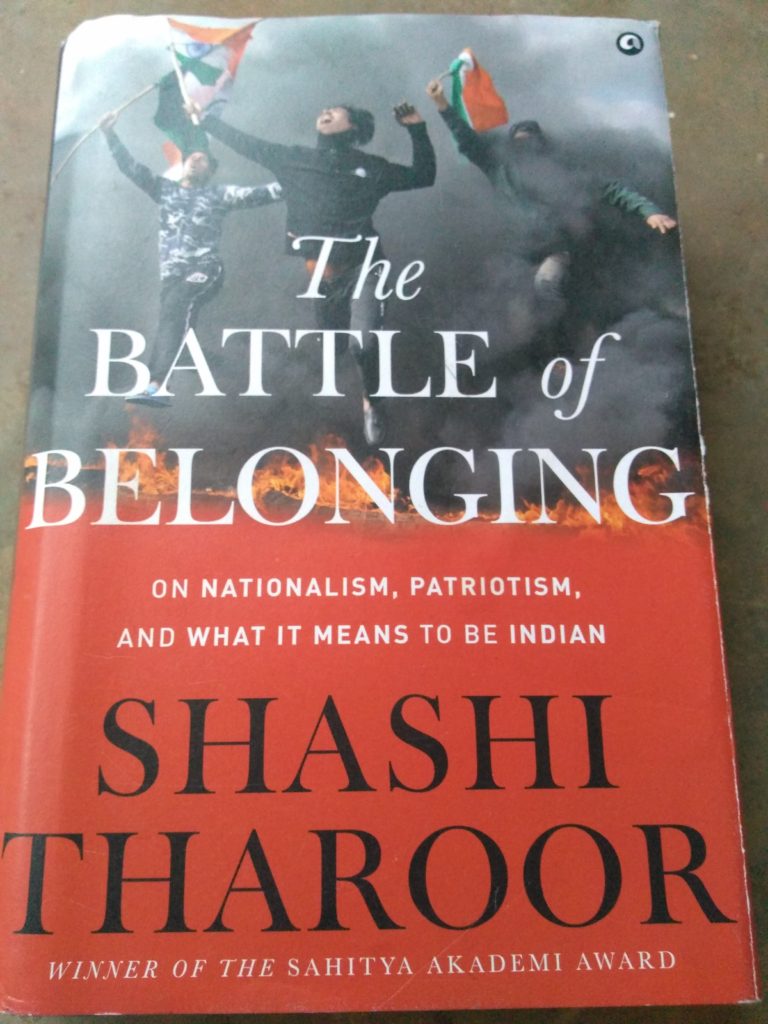Whatever goes upon two legs is an enemy.
Whatever goes upon four legs, or has wing, is a friend.
No animal shall wear clothes.
No animal shall sleep in a bed.
No animal shall drink alcohol.
No animal shall kill any other animal.
All animal are equal.
These were the cardinal rules of the Republic of the Animals. Years passed. The seasons came and went. The Seven Commandments were secretly re-written and finally one single commandment remained…..All animal are equal,But some animals are More equal than others. (Animal Farm: George Orwell).
In his latest book, ‘The Battle of Belonging’, Dr Shashi Tharoor asks the question. Are some Indians are more equal than others?Like in the Animal Farm, rules are being re-written on the lines of hegemonic Hindutva nationalism and all diversities are forced to merge with the saffron nationalism. Scores of laws were amended or revised without even the knowledge of the parliament.
The Citizenship Amendment Act was a body blow to the very nature Indian republic. It shook the soul of India and caused great upheavals across the country. Scores of other laws related to the citizenship were also re-written but didn’t get noticed as in the case of CAA.
“Modi’s BJP has spent its years in government contesting this remarkable and irreplaceable embodiment of the country’s essence by arguing that there can be an alternative idea of India, promoting an assortment of political, social, and cultural elements that would convert a pluralist, multi-religious democracy into a ‘Hindu rashtra’ and delegitimizing dissent through labelling disagreement with its actions and statements as anti-national,” Tharoor writes.
Beautifully describing the pluralistic nature of India, Tharoor calls Indian nationalism a rare animal. This land imposes no narrow conformities on its citizens: you can be many things and one thing. You can be a good Muslim, a good Keralite, and a good Indian all at once. Against the narcissism of minor differences, in India, we celebrate the commonality of major differences. We are a land of belonging rather than on blood and the fundamental DNA of India is one land embracing many.
The reason India has survived all the stresses and strains that have beset it of over seventy years, and that led so many to predict its imminent disintegration, is that it maintained consensus on how to manage without consensus, he says.
